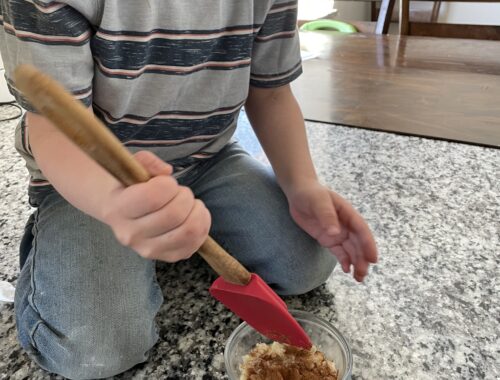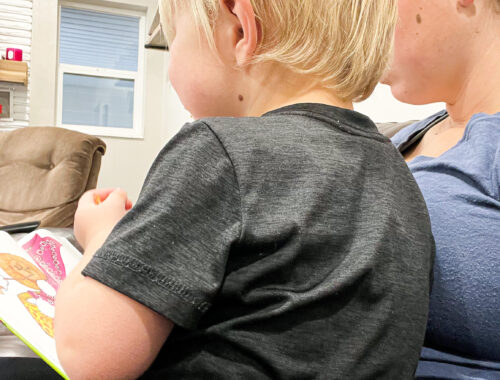How to Use Questions to Extend Learning in Everyday Life
How to use questions to extend learning in everyday life. This is part of a series: How to extend learning in everyday life part 2. Effective Teaching Strategies: Asking Thought Provoking Questions. In this article I am going to teach you how to extend learning as part of everyday life by asking thought provoking questions.

How to Extend Learning as Part of Everyday Life
When it comes to bringing learning into the everyday moments of life, there is a simple three step formula I like to keep in mind. This is called the Powerful Interactions Framework.
The three parts to the formula are 1- be present, 2- connect, and 3- extend learning. This third step includes learning and implementing teaching strategies that build on the knowledge your child already has.
It is my goal to help teach you these effective teaching strategies so you can confidently extend learning when those key moments come up in your life.
Effective Teaching Strategies: Asking Thought Provoking Questions
Definition: Using open-ended questions that lead to longer discussions and deepen learning. Eliciting different types of responses and promoting different types of thinking.
Open-ended questions are questions that do not have a right/wrong answer. They allow for critical thinking and reflection rather than quick recall.
Asking open-ended questions encourages high order thinking skills such as: problem solving, experimentation, prediction, planning, comparison and classification, evaluation and summarizing.
How to use questions to extend learning in everyday life
Some of my favorite thought provoking questions are very simple:
“Hmmm”
“I wonder…”
These questions allow for a pause in the conversation. They act as a cue for both you and your child to take a minute and think one step deeper.
The power is in this pause time. Rather than filling every moment with information or entertainment, we take a step back to think and ponder and truly figure something out in our minds.
In a time when everything is so fast paced and answers so readily available, getting in the habit of asking these questions will create a place for your child to explore in their mind on a regular basis.
Some other examples of open-ended questions include:
- “I wonder why it does that?”
- “Can we think of an explanation for this?”
- “What would make that happen?”
- “How could we do this differently so it works better?”
- “I’m wondering how you might be feeling about this right now?”
- “Can you add a step to that trick to make it even trickier?”
- “How do you think this works?”
You May Also Like

How to Extend Learning By Giving Directions
February 8, 2023
How to Extend Learning Through Communication
February 1, 2023
